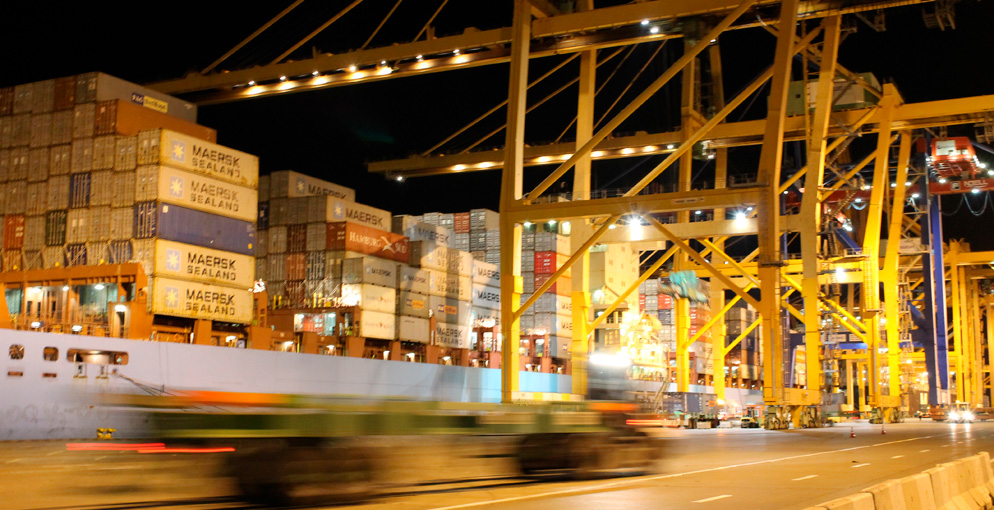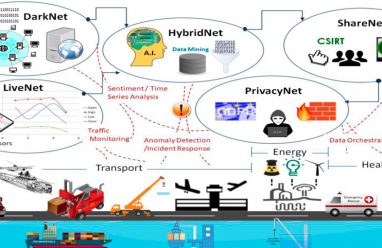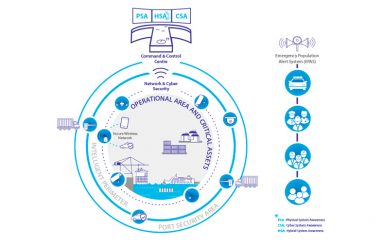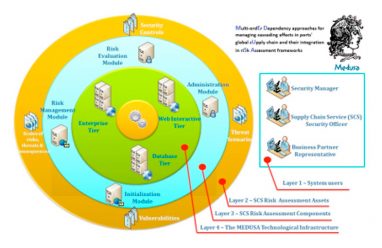The maritime sector remains one of the most important economic sectors for the European economy. Globally, the maritime sector is undergoing major growth and generates 1.5 billion euros. At the European level, 74% of goods from outside the EU enter through the ports.
On the other hand, increasing digitalization raises the risk of attacks on computer systems, both onboard ships and in ports. These systems are made up of standard components available on the market and, in many cases, designed without taking into account the ever-growing cyber risk. Digital infrastructure has become a necessary element for the operation and management of systems essential to the security of maritime transport and ports. Although the relevant authorities are promoting cyber risk control, there is still much room for improvement. In this regard, it is essential to improve cyber preparedness. In addition, the accurate estimation of investments in cybersecurity based on valid econometric and risk models remains a challenge in a sector that has traditionally maintained well-established links with the insurance industry.
The Cyber-MAR project will develop an innovative simulation environment adapted to the specific features of the maritime sector, but which at the same time will be easily applicable to other transport subsectors. It involves a combination of innovative technologies that ensure the platform meets the needs of the sector and provides a tool to support decision-making on implementing cybersecurity measures, underpinned by new econometric models and risk analysis.
The data collected from the CSIRTs/CERTs will be fed into the platform, which will be able to generate new specific scenarios and exercises. Through Cyber-MAR, the actors in the maritime logistics value chain will increase their level of cyber-awareness and validate their management of the cyber-reliability of their business. Cyber-MAR will act as a cost-effective training solution covering the maritime logistics value chain.







